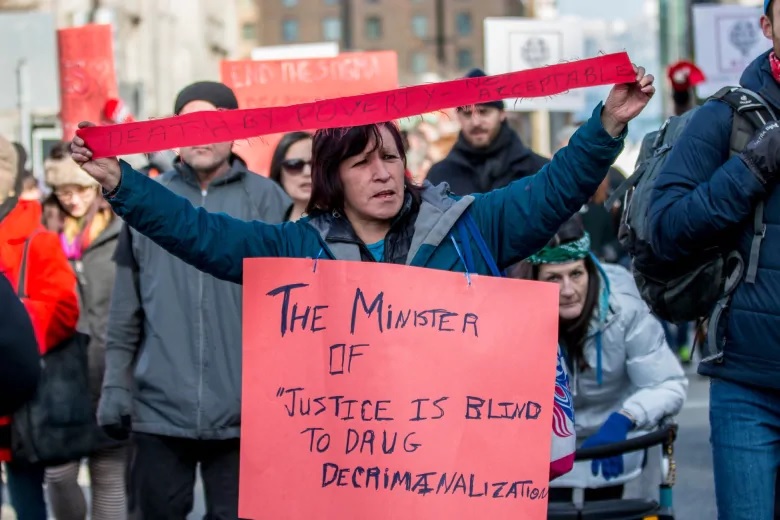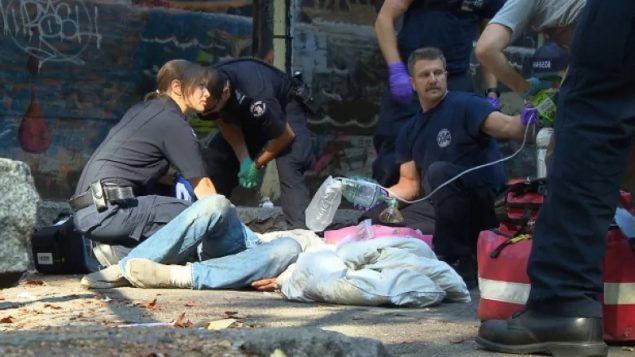The respected and influential medical journal The Lancet, recently published a series of researched articles on the world illicit drug situations. The purpose was to begin to change the perceptions around illicit drug use and develop evidence-based policies in dealing with it.
Dr Julie Bruneau (M.D., MSc.) is a co author of two reports in the six section series. She is a professor in the Department of Family and Emergency Medicine at the Universite de Montreal, and a researcher at the CRCHUM (University of Montreal Hospital Research Center)
The Lancet series on drug use, (vol 394, No. 10208) says global illicit drug production and consumption is increasing while at the same time new substances are being created and added to the issues. This results in equally increasing risks and harms. The series describes various aspects of the worldwide problem and possible actions to take.
This includes:
- The global drug problem: change but not progression
- Strategies to reduce drug-related harm: responding to the evidence base
- Global patterns of opioid use and dependence: harms to populations, interventions, and future action
- Public health implications of legalising the production and sale of cannabis for medicinal and recreational use
- Responding to global stimulant use: challenges and opportunities
- New psychoactive substances: challenges for drug surveillance, control, and public health responses

A protest march in Vancouver in February 2018 sought decriminalisation of illicit drugs. (Tina Lovgreen-CBC)
Dr. Bruneau says most of the world’s policies to combat illicit drugs and their use were drawn up in the 1960’s, adding they clearly haven’t worked as illicit drugs and their use have only increased.
She says attitudes surrounding drug use need to change before policies can be changed, noting that drug addiction should be considered a disease and treated as such, with the realisation that drug users should be treated as human beings with the same rights as others.

Marilou Gagnon, a volunteer with Overdose Prevention Ottawa, stands between the tents set up for Ottawa’s first pop-up drug use site. Sep 2017. Although busy with dozens of visits a day, there was widespread opposition by residents nearby (Radio-Canada)
The point of the series she says is to present facts and evidence of better methods and treatments that could be translated into policies that fit today’s contexts around the world.
Additional information
- CBC: T.Lovgreen: Feb 20/18: The answer to Canada’s opioid overdose crisis is decriminalization, say Vancouver drug users and advocates
- CBC: Sep 10/17: Anger grows over pop-op drug use site (Ottawa):
- CBC: E.von Scheel: Aug 18/18: Despite ‘good Samaritan’ law many drug users too scared of arrest to report overdoses







For reasons beyond our control, and for an undetermined period of time, our comment section is now closed. However, our social networks remain open to your contributions.